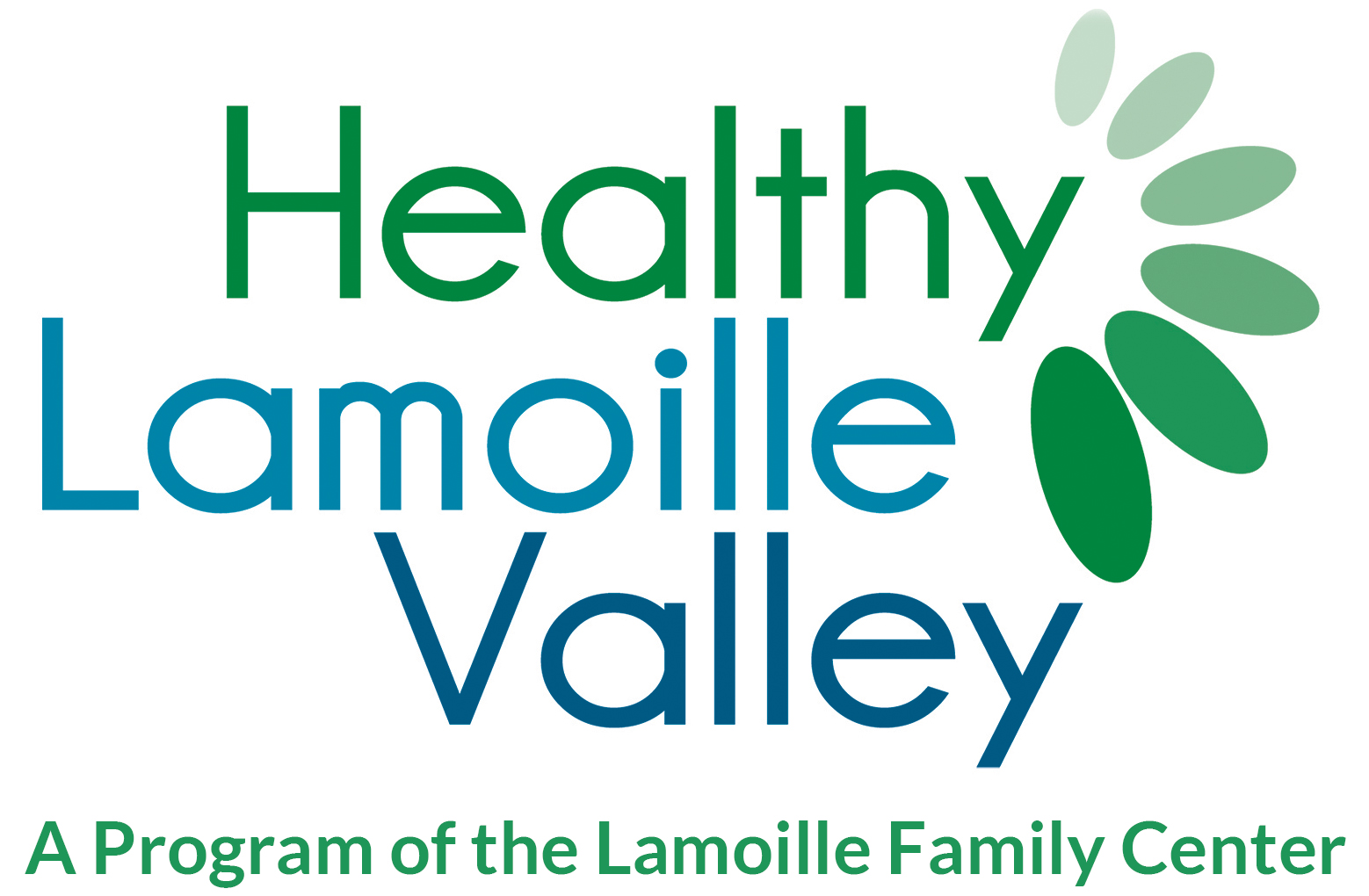
Guest Blogger: Julie Bomengen
Julie is a Vermont Licensed Clinical Mental Health Counselor (LCMHC) with 23 years of experience in the field of mental health. Julie is also a Nutritional Therapy Consultant (NTC), a certification of the Nutritional Therapy Association. She lives, works and plays in Lamoille County.
Hello! I’m excited to offer you this wellness series. I will be covering topics related to Mental Health and hope that what I share will be interesting, educational, and applicable to you in your lives. I will be speaking about mental health from a Mind-Body approach which will include biological, psychological, and social perspectives. This style is inclusive, holistic, and integrated, and will allow for an exploration of mental health that is educational and functional.
The work I do as an outpatient mental health therapist includes discussion of “Pillars of Health.” These Pillars serve as the foundation for health and wellness and are paramount to any discussion about mental and emotional well-being. Pillars include:
- Attention to Quality of Sleep and understanding the influence of our body’s Circadian Rhythms
- Regular Physical Movement and Activities that are engaging and fun
- Nutrient-Dense Foods that support optimal health for the individual
- Involvement in a Supportive and Caring Community
- Positive Personal and Intimate Relationships that are enduring, loving, and reliable
- Meaningful Engagement in Work (paid or voluntary)
- and lastly, a Robust Toolbox of Skills and Resources to Manage Current Stressors and/or Past Traumas.
I would argue that when we pay attention and subscribe to these Pillars of Health, the majority of disturbances in our health and wellbeing can and will be mitigated, if not eliminated. While it will always remain true that we cannot control for every variable that impacts our health and wellbeing, there is a hopefulness that comes with knowing that we have more agency and ability to manage and shape our health than we might have believed. Of course, if optimal health was achieved simply by knowing about these “Pillars,” we’d all be in good shape.
The truth is we benefit from a supportive environment in which to address our health goals. It can be hard to make and sustain changes, and due to bioindividuality (the fact that each of us has very specific needs for his or her own health according to age, constitution, gender, size, lifestyle, and ancestry), there is no “one size fits all” formula. Still, there are common themes and clear ways to feel better from the inside out.
My goal is to help you understand and feel confident about how to take charge of your Mental Health. I look forward to teasing apart the “Pillars” and discussing other important and pressing themes such as addiction, depression, anxiety, and suicide, as well as the impact of a sedentary lifestyle and excessive screen time, and how a deficiency of time spent in nature all contribute to poor behavioral health outcomes.
For now, start paying attention to each of your own Pillars of Health and complete a self-inventory to determine which ones might need support and reinforcing. For example, ask yourself:
- How is the quality of my sleep? Do I feel rested in the morning?
- Am I moving my body in some way every day? What impact does movement have on my mood?
- Am I feeding my body and brain the nutrients it needs to function well? How are my moods impacted by what I eat or when I eat?
- Am I involved in some type of supportive community? If not, why?
- Are my relationships strong and reliable? How do these relationships impact my attitude or mood?
- Am I doing work that I enjoy and find meaningful? Do I have effective outlets for managing stress?
Take some notes and stay tuned for how to optimize your mental and emotional health!
Best, Julie
Originally published April 17, 2019 on Live Well Lamoille.
